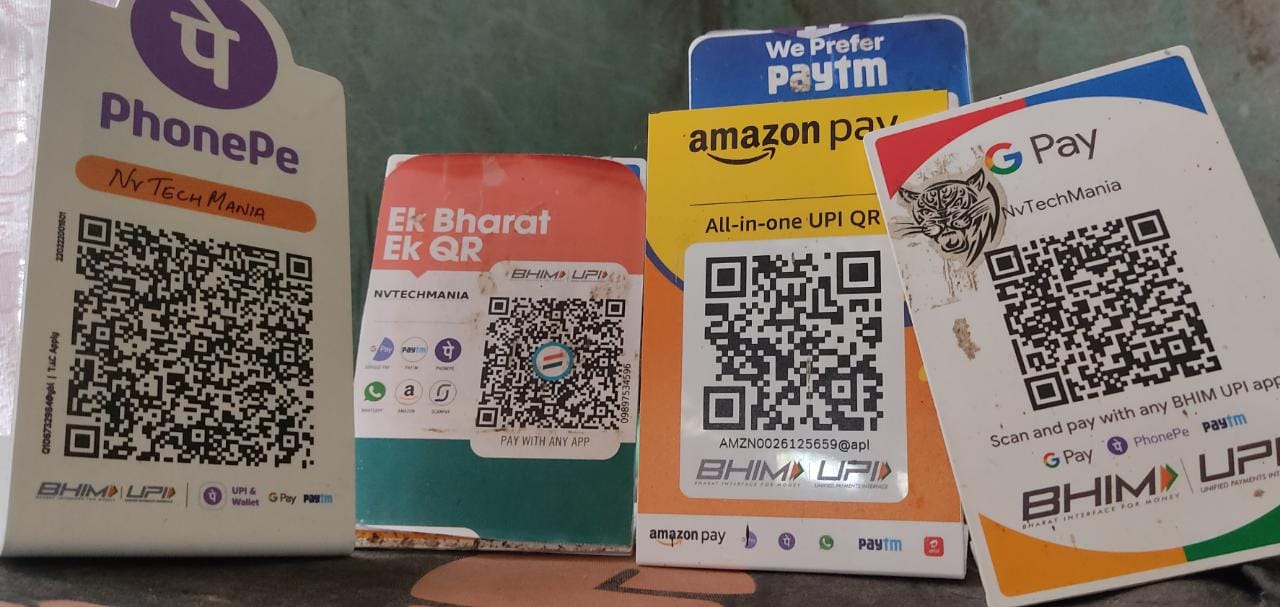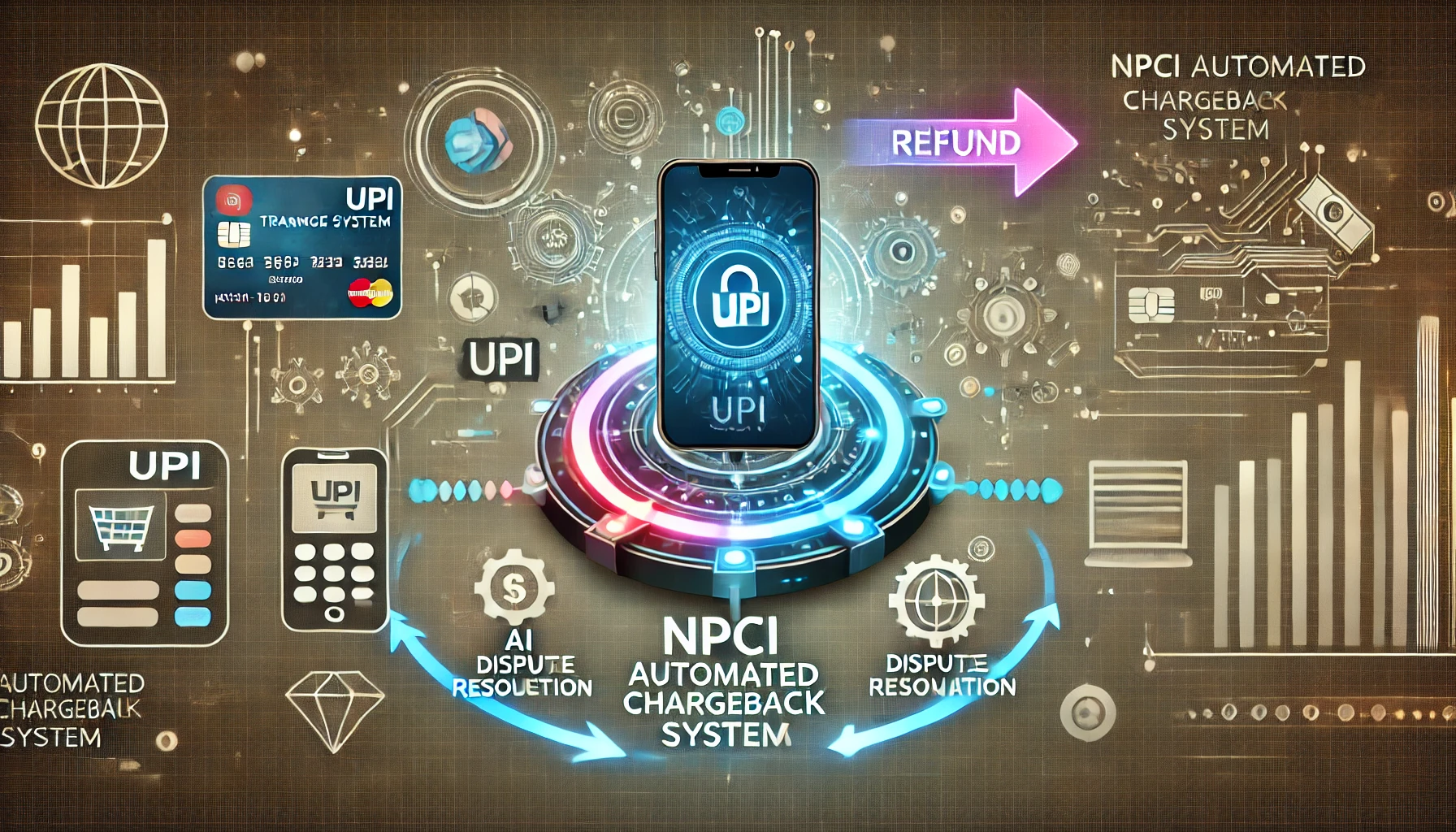NPCI Introduces Automated Chargeback System for Faster UPI Refunds
The National Payments Corporation of India (NPCI) has taken a significant step toward enhancing the Unified Payments Interface (UPI) ecosystem by introducing an Automated Chargeback System. This initiative aims to expedite the refund process and address disputes more efficiently, offering greater convenience to both customers and merchants.

What is the Automated Chargeback System?
Thank you for reading this post, don't forget to subscribe!
A chargeback is a process where funds are returned to a customer in cases of failed transactions, unauthorized payments, or disputed charges. The new Automated Chargeback System streamlines this mechanism, making it faster and more transparent. It leverages advanced automation and artificial intelligence (AI) to resolve disputes in a structured and time-bound manner, reducing dependency on manual interventions. The system is integrated with UDIR (Unified Dispute Resolution Interface) and Transaction Credit Confirmation (TCC), ensuring a standardized and efficient approach to dispute handling and transaction validation.
Understanding UDIR and TCC
Unified Dispute Resolution Interface (UDIR)
UDIR is a centralized system designed to handle payment disputes in a seamless and structured manner. It enables standardized communication between banks, payment service providers, and merchants, ensuring that disputes are resolved efficiently. By automating the dispute resolution process, UDIR reduces resolution time, enhances transparency, and minimizes manual intervention, leading to a more reliable and user-friendly UPI experience.
Transaction Credit Confirmation (TCC)
TCC is a mechanism that provides instant acknowledgment of credit transactions, ensuring that funds are successfully transferred and credited to the recipient’s account. This feature adds an extra layer of transparency and security to digital payments, reducing uncertainties related to transaction settlements. By integrating TCC, the NPCI aims to enhance trust and confidence in the UPI system while ensuring smooth and efficient transaction processing.

Key Features and Benefits
1. Faster Refunds
With the automated process, refunds will be processed much quicker than before, ensuring that customers receive their money back in a timely manner. This will help build trust in the UPI system.
2. Improved Dispute Resolution
The AI-powered system will analyze transaction details, classify disputes, and initiate refunds accordingly. UDIR will facilitate structured communication between banks and payment service providers, leading to fewer delays and a more streamlined resolution process.
3. Reduced Merchant Liability
Merchants often face challenges when handling disputes. The automated system will ease this burden by ensuring fair assessments and reducing unnecessary chargebacks, ultimately benefiting businesses that rely on UPI payments.
4. Enhanced Transparency
Both customers and merchants will have better visibility into the status of their disputes and refunds through real-time tracking. Additionally, Transaction Credit Confirmation (TCC) will provide instant acknowledgment of credit transactions, making the process more accountable and secure.
Why This Move is Crucial?
As UPI continues to dominate digital payments in India, the number of transactions and disputes is also on the rise. Traditional dispute resolution mechanisms often take longer due to manual processing, leading to customer dissatisfaction. The new system will not only improve efficiency but also strengthen confidence in digital payments.
Final Thoughts
NPCI’s Automated Chargeback System is a game-changer for India’s digital payment landscape. By integrating automation and AI-driven dispute resolution, the UPI ecosystem will become more efficient, reliable, and user-friendly. The addition of UDIR (Unified Dispute Resolution Interface) and Transaction Credit Confirmation (TCC) ensures a seamless, standardized dispute-handling process and transaction validation. This step will not only improve customer experience but also support businesses in managing their transactions smoothly. With digital payments becoming an integral part of daily life, such advancements ensure a more seamless and trustworthy financial ecosystem.



